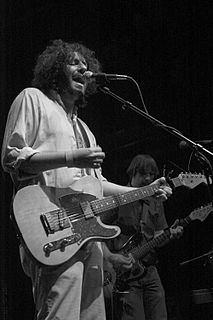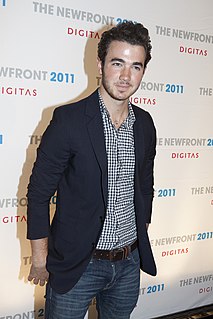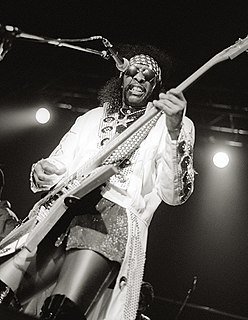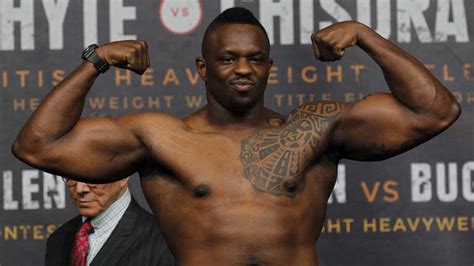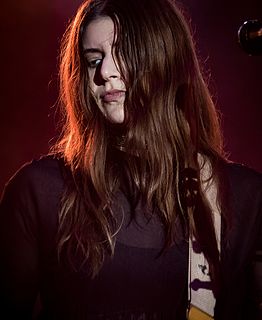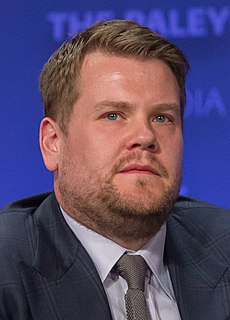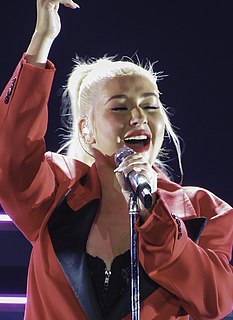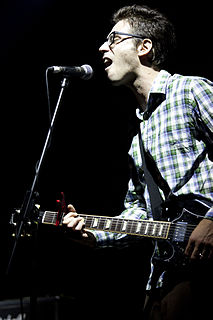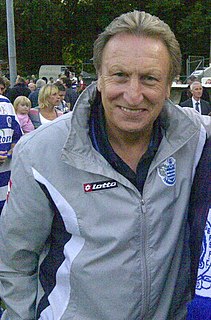A Quote by Dave Grohl
There's poetry in being the band that can sell out Wembley but also makes a record in a garage. I don't like doing what people expect me to do.
Related Quotes
I certainly didn't predict people who spent years actively disliking the band to all of a sudden like the band. That's pretty funny to me, and it makes playing live kind of interesting, 'cos we're doing lots of things that don't really have a lot to do with that record, and even presenting the songs off that record in a way that's a little more muscular and without as much of the sheen, which is what I think part of what people really liked [about Kaputt].
I do not want and will not take a royalty on any record I record. I think paying a royalty to a producer or engineer is ethically indefensible. The band write the songs. The band play the music. It's the band's fans who buy the records. The band is responsible for whether it's a great record or a horrible record. Royalties belong to the band. I would like to be paid like a plumber. I do the job and you pay me what it's worth.
When I started making films I just decided "I'm the filmmaking equivalent of a garage band and I'll just make my garage band movies." But even the same musicians from garage bands would go to my movies and you could tell what they liked from the way that they dressed and they would be the first ones to walk out.
I was 21. At the time, I was under the thumb of my label, and I felt like I had to do, say and act out everything they asked me to do. I was trying to please them and the public and finally I had to say, "Enough. I'm going to make a record that makes me happy and addresses all facets of being a woman. I don't care if I sell one or one million records." That's how I came to make Stripped.
My dream right now is - and I don't know how to do it, and I don't know if it will work exactly - but just this sort of vague aspiration to start some kind of website where people send in their stories or poems, and me or perhaps some other people turn that into music. And then by the end of the year we make a record and actually put it out. Like a band, but the band is actually a combination of the musician and the fan. I think that's a very 21st-century way of doing it.

